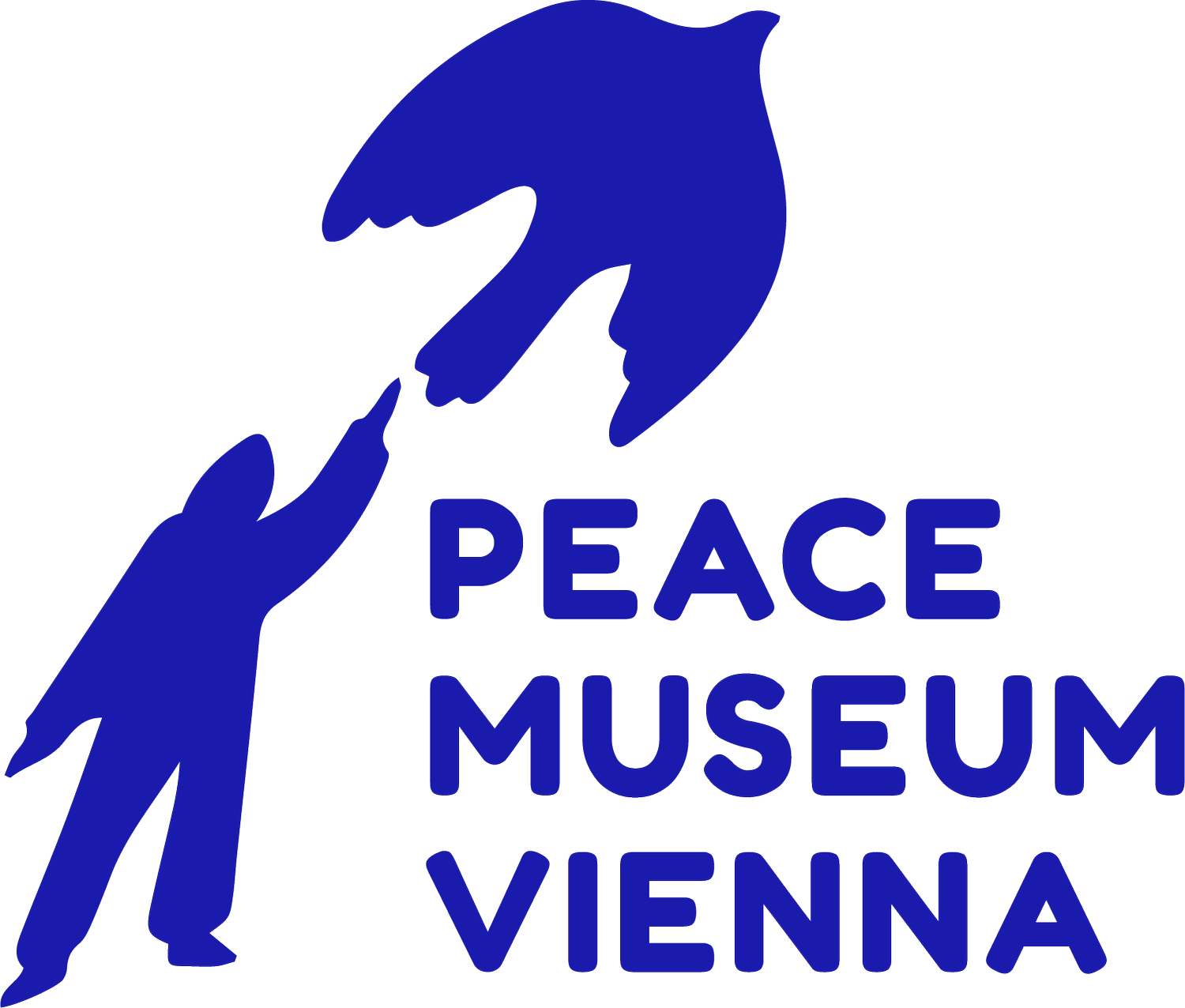Liu Xiaobo was a Chinese writer, and political and human rights activist. He was awarded the 2010 Nobel Peace Prize due to “his long and non-violent struggle for fundamental human rights in China”.
Xiaobo was born on December 28, 1955 in Changchun, Jilin, China and died on July 13, 2017 in Liaoning of China. He got his bachelor’s degree in Chinese Literature from Jilin University and MA and PhD from Beijing Normal University. While doing his doctoral degree, he published his first book, Criticism of the Choice: Dialogues with Li Zehou, which gained popularity among the young intellectuals of China at the time and became a non-fiction bestseller. His title of PhD thesis was Aesthetic and Human Freedom, which was published as his second book.
Xiaobo immediately started serving as a lecturer at the same department after graduation and became a visiting scholar at several universities including Columbia University, the University Oslo and the University of Hawaii. In 1989 he published his third book, The Fog of Metaphysics. Later all his works were banned in China because of his political views. He left tens of works, most of them focused on democracy and human rights, and criticized the Chinese government.
In 1989, he returned to China from his scholar visit at Columbia University and participated in the Tiananmen protests. Then he was imprisoned for 21 months and could no longer publish articles or give speech. When he was released from prison in 1991, he started campaign for others who were imprisoned for participating in the same protests and he was re-arrested. He was again imprisoned between 1996 and 1999 for criticizing China’s policies toward Dalai Lama.
Xiaobo was a leading author of Charter 08, the manifesto of human rights and a declaration calling for political reforms in China, which was published on the 60th anniversary of the Universal Declaration of Human Rights of the United Nations in 2008. He was arrested and held in detention for one year, and in 2009, he was sentenced to 11 years in prison. He was diagnosed with liver cancer in prison and died in June 2017.
He was awarded several awards and honors including Hellman-Hammett Grant (1990-1996), China Foundation on Democracy Education (2003), Foundation de France Prize (2004), three times Hong Kong Human Rights Press Award (2004, 2005 and 2006), Asia-Pecific Human Rights Foundation Courage of Conscience Award (2007) People in Need Homo Homini (Czech) and PEN/Barbara Goldsmith Freedom to Write and Independent Federation of Chinese Students and Scholars (USA) Free Spirit awards (2009), German PEN Hermann Kesten Medal, Nobel Peace Prize and Giuseppe Mottal Medal (2010) and honorary member of German, American, Portuguese, Czech and Sydney PEN Centers, and Honorary President of Independent Chinese PEN Center.

